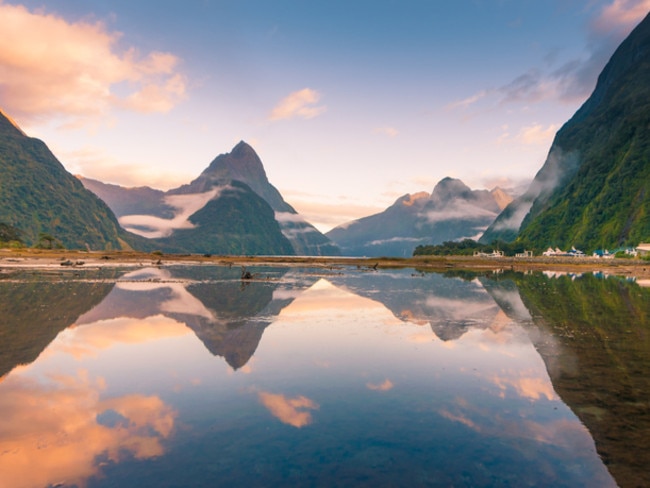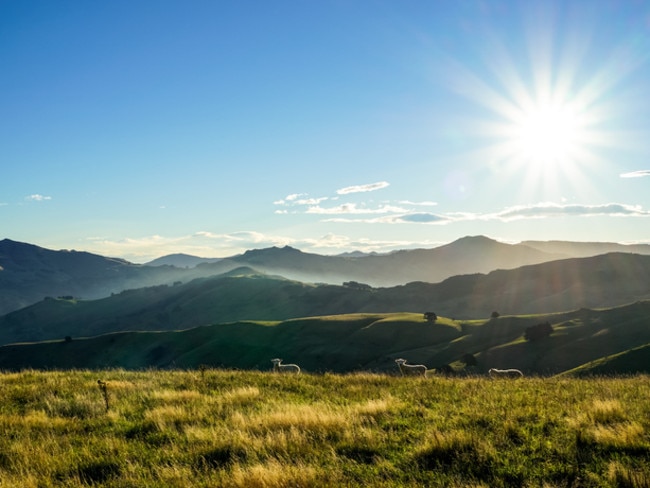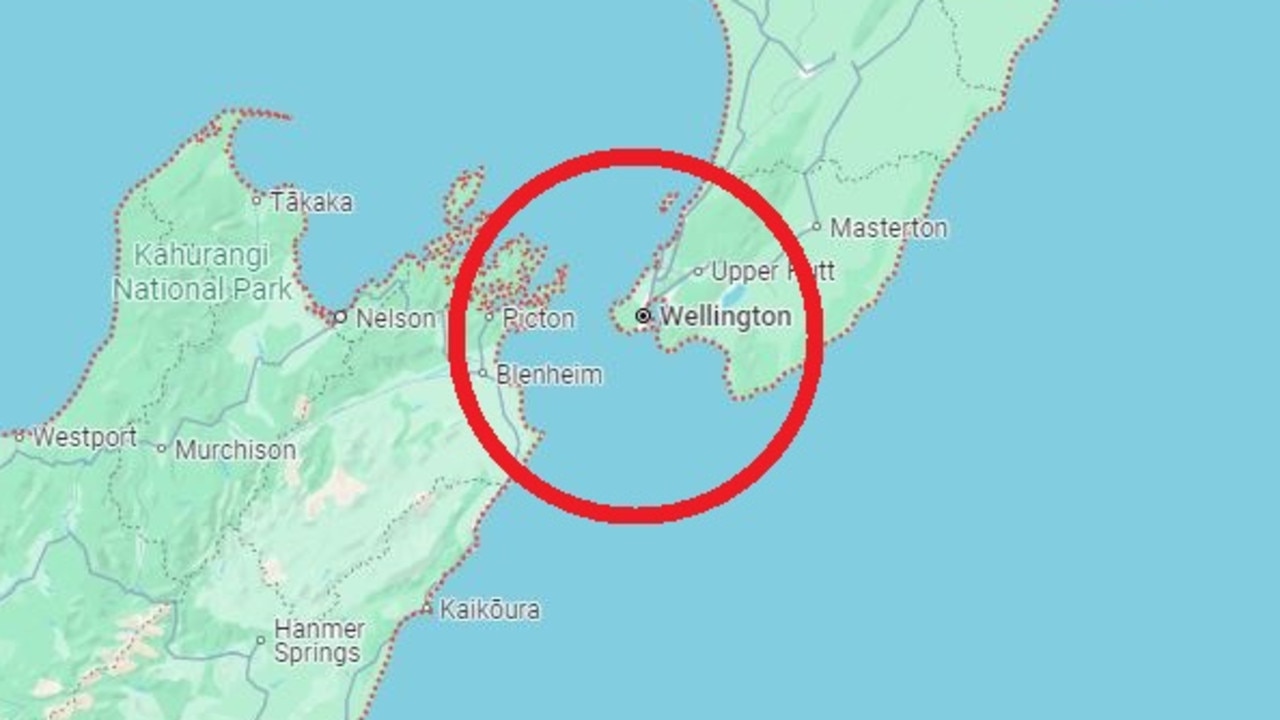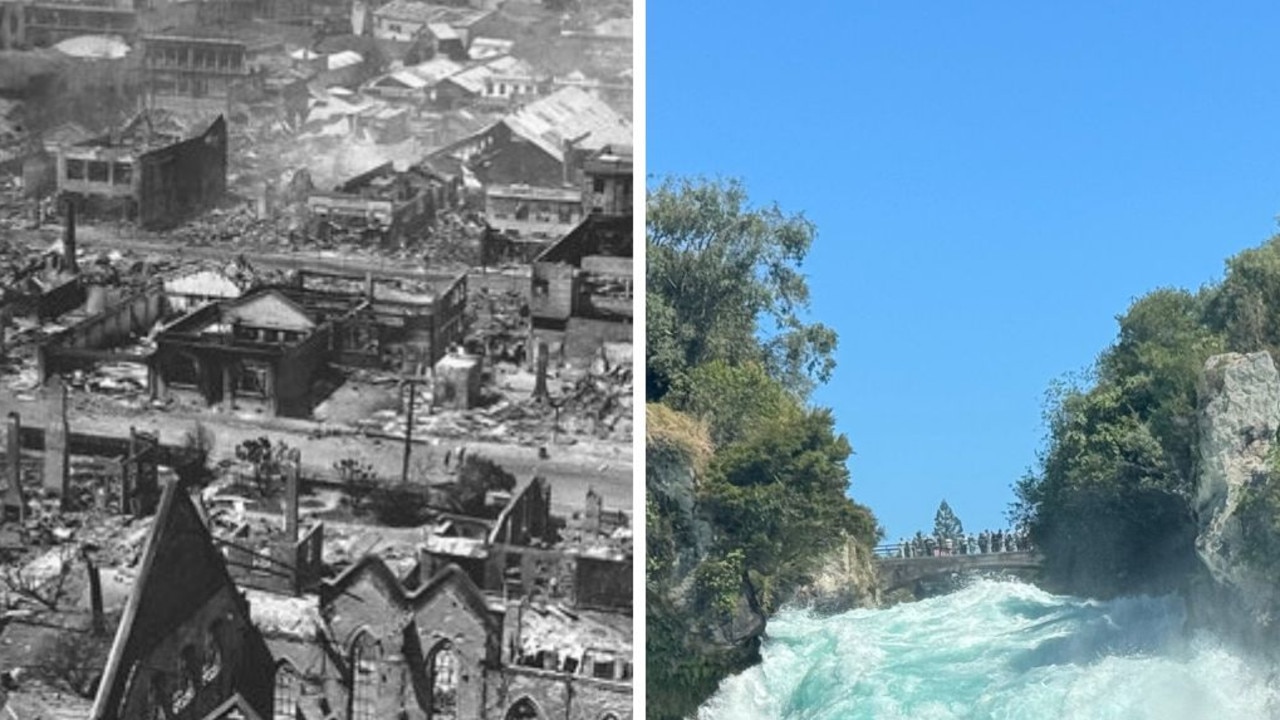Tourists urged to sign ‘Kiwipledge’ to remind them to be responsible travellers
NEW Zealand, known for its incredible natural beauty, might be a great place to go camping. But a tourism company says we need a reminder on how to behave.

TOURISM company thl is set to launch a scheme in New Zealand where visitors pledge to be responsible tourists, including being careful about where they go to the toilet.
Based on an initiative in Iceland, Kiwipledge asks visitors to sign up to the agreement which asks them to “make mates and take only memories,” stay safe on the roads, and “only park where I am supposed to”, the New Zealand Herald reports.
Visitors will sign the pledge through the company’s website and it asks visitors to respect all places they go to.
Freedom campers have been caught defecating in public and the pledge urges that “when nature calls, I won’t answer the call on nature”.
And in response to the problem of tourists falling when taking pictures, the pledge states: “I will take only photos to die for without dying for them.”

Tourism Holdings chief executive Grant Webster said the Kiwipledge was “very emergent” in design and his company was looking to work with all aspects of the industry to try to build momentum.
“We are in discussions with larger industry partners and have significant initial support for the concept.
“We want to get it out and gain buy-in, testing it this season to see where to next. There are organisations around sustainability that are also keen to engage heavily,” he said.
There was strong support from the Visit Iceland initiative, which inspired the New Zealand idea.
Webster said there was no commercial gain for thl and he was keen for all international visitors to see and commit to the pledge.
“We have all seen the stories and concerns about some tourists and their behaviours, whether that be freedom camping, visiting drivers or adventure seekers,’’ he said.
While fines could be imposed, a pledge is a different approach.
“We see this as a positive, values-based approach to demonstrate our expectations of travellers and help guide them to see what we are about.’’

Webster said at the very least it would not do any harm.
“Why not keep positive and educate people. I would suggest that if we can get traction over time then this could become a very compelling tool for guiding people and reminding them on how to behave,’’ he said.
“I think it will resonate with New Zealanders. It’s a little quirky and could start some really positive communication.’’
In briefing papers to the new government, the Ministry of Business, Innovation and Employment warns that there is growing concern about the cost to communities from tourism and the ability of local government to meet those costs.
“Ensuring that central and local government are able to sufficiently monetise tourism and offset the costs will be critical to ensuring that tourism is supported by New Zealanders,’’ the papers say.
In the year to October, 3.7 million people visited New Zealand, up 8 per cent on the same period a year earlier.
This article originally appeared in the New Zealand Herald and was republished with permission.



